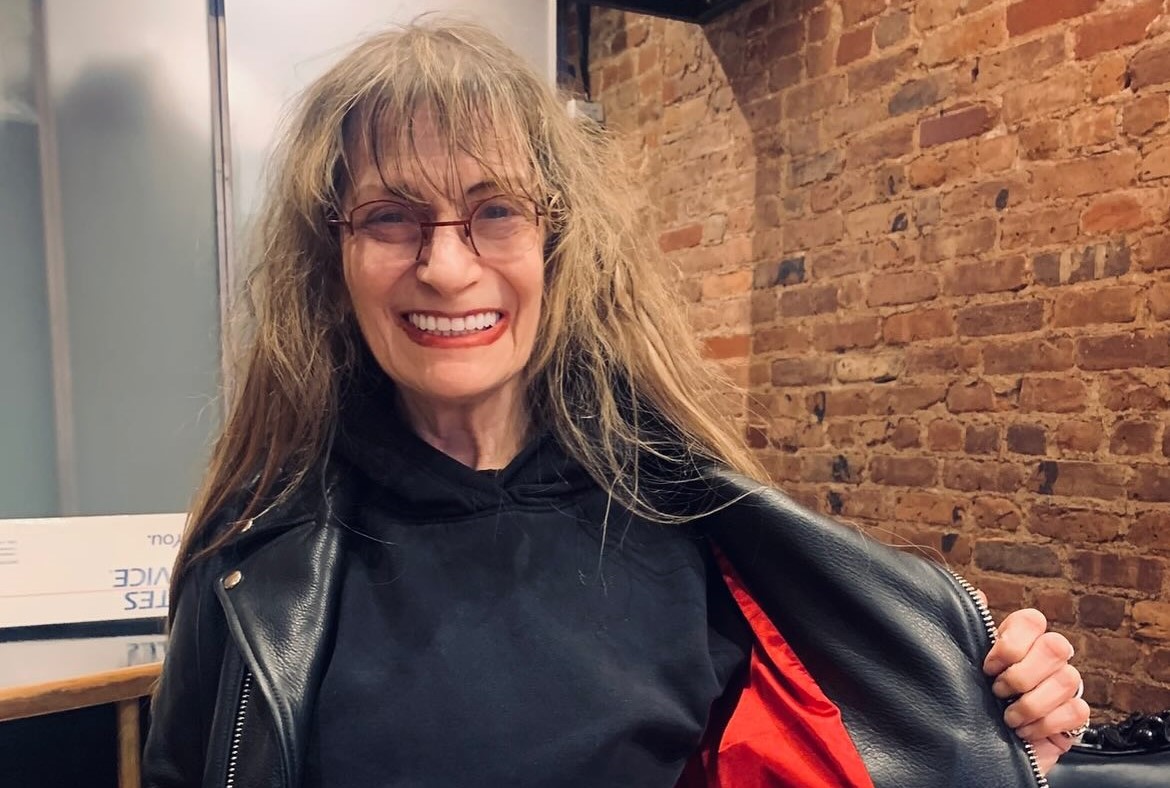NEW YORK, NY — Marcia Resnick, the groundbreaking photographer, author, and graphic artist whose work helped define the gritty edge of New York City’s downtown scene in the 1970s and ’80s, has died at the age of 74. Resnick passed away on June 18, 2025, leaving behind a legacy of images that captured the raw, unfiltered pulse of a generation of cultural renegades.

Born on November 21, 1950, in New York City, Resnick remained a lifelong New Yorker. Her artistic career emerged from the heart of a transformative era for the city—an era she chronicled with clarity, irony, and punk defiance. She was best known for her portraits of cultural icons including John Belushi, Iggy Pop, David Byrne, Andy Warhol, William Burroughs, Allen Ginsberg, and many others who defined the downtown counterculture.
Her 2015 book Punks, Poets, and Provocateurs: New York City Bad Boys, 1977–1982, remains a celebrated archive of the era’s most daring personalities. Earlier, in 1978, she published Re-visions, a now rare and out-of-print book that marked her as a bold and original voice in photographic storytelling.
In 2024, Resnick’s work was included in the National Gallery of Art’s acclaimed exhibition The ’70s Lens: Reimagining Documentary Photography, cementing her legacy as one of the era’s most influential documentarians. Her photographs were not merely images; they were immersive, moody, and cool—a visual language that helped shape how the world saw New York’s downtown underground.
Resnick lived at the epicenter of it all. In the mid-1970s, she moved into a fifth-floor loft off the Hudson River, surrounded by fellow artists like Laurie Anderson. It was here that her distinctive voice as a visual storyteller took shape—shaped by the bohemian dream and the biting cold of New York’s creative trenches. She spent countless nights at CBGB, Max’s Kansas City, and the Mudd Club, documenting a generation of rebels, visionaries, and provocateurs.
Her distinctive style—intimate yet unflinching—earned her album cover credits and widespread acclaim, but it was her deep connection to the scene she chronicled that made her work truly iconic. Friends and collaborators have paid tribute to Resnick’s artistry and generosity, recalling her presence at talkbacks, her mentorship, and her fierce commitment to portraying people with authenticity and attitude.
“She photographed all the baddest of NYC’s bad boys—and did it with sweetness, intelligence, and undeniable cool,” one tribute read. “She taught us how to look cool, and more importantly, how to see others.”
Resnick’s contributions to the film Make Me Famous, as well as her participation in post-screening conversations, endeared her to a new generation of artists and admirers. “She shared her stories with us, and they’ll echo forever,” one collaborator said.
Marcia Resnick—“Marcia the Masher” to those who knew her best—was more than a chronicler of downtown cool. She was part of the soul of it. Her archives live on, timeless and electrifying.
She is survived by her many friends, colleagues, and fans, who will remember her as one of the sharpest eyes—and kindest hearts—of her era.